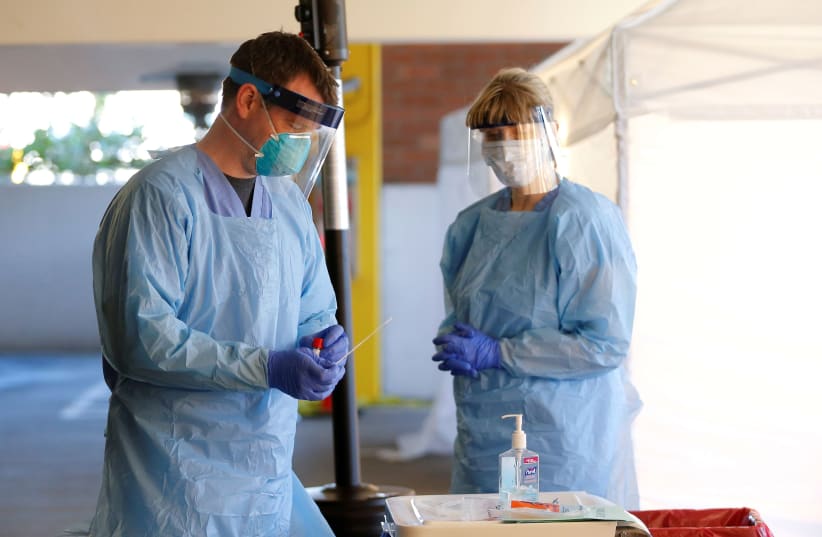Coronavirus: Israeli researchers develop innovative diagnostic method
British company diagnostics.ai, whose R&D is entirely based in Herzliya, is already providing labs in the UK and the US with their advance diagnostic technique employing artificial intelligence.
